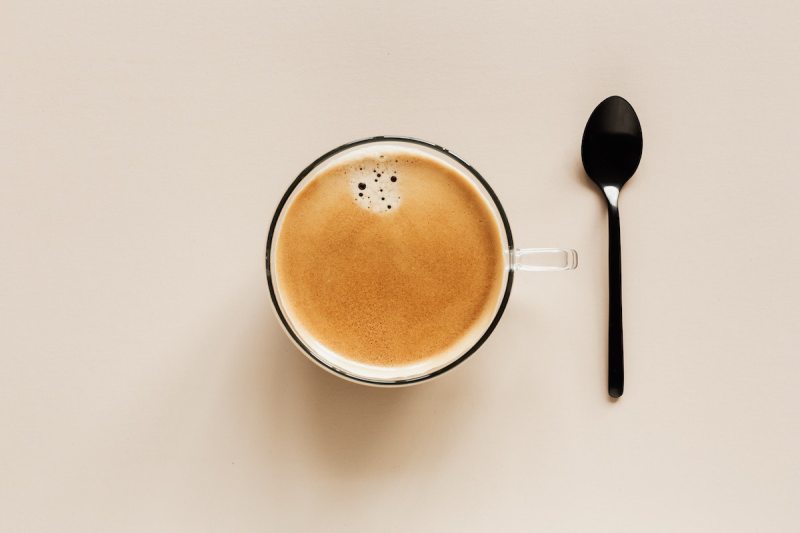Our steaming hot obsession with the benefits of coffee is shared by many, and it’s only getting more and more prevalent. In fact, it’s pretty hard to drink java without falling in love with the farming, roasting, flavors, recipes, craft, and buzz of this product — the entirety of coffee is all at once so simple and yet so incredibly complex.
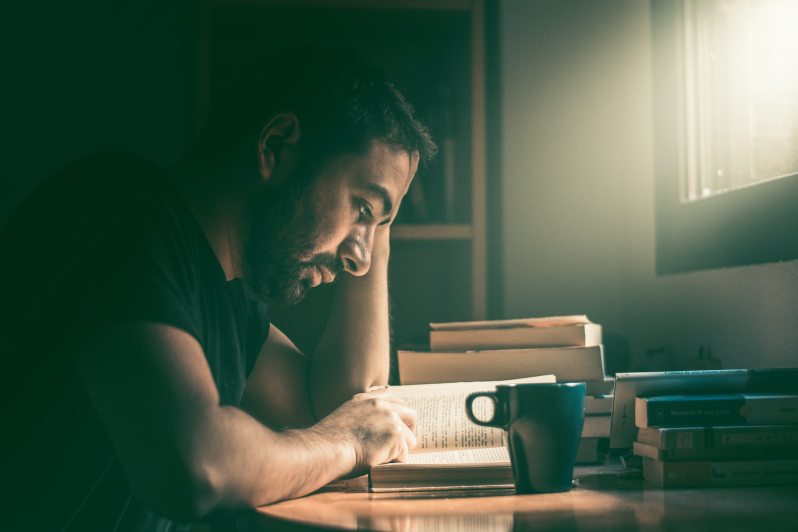
Our picks for the best coffee books
After pouring over dozens of titles and drinking the best coffee around, we found the best books about coffee that will teach you something new and interesting about your favorite drink, whether you’re a simple fan or a highly trained barista. This list of the best coffee books covers sociology, entrepreneurship, fair trade, and how to make the best cup of coffee from the comfort of your own home, so put on a fresh pot and enjoy these good reads.
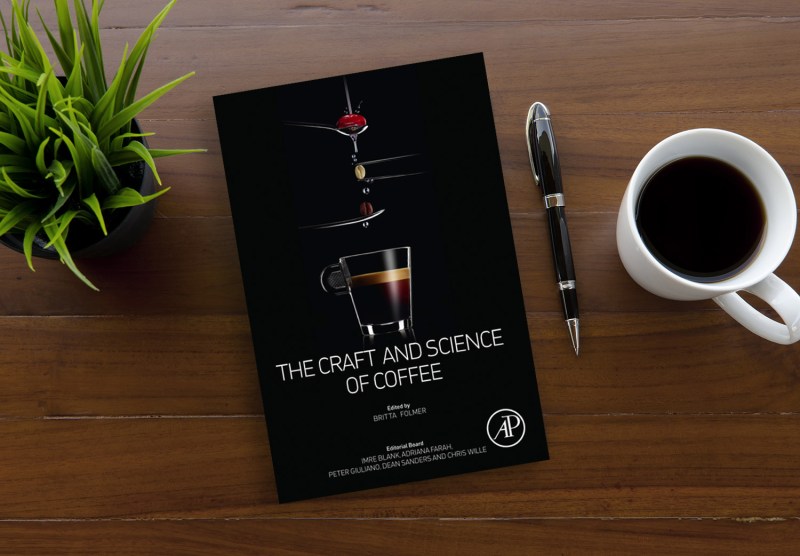
The Craft and Science of Coffee by Britta Folmer
Combining research, tidbits from the scientific community, and craft experts, this book was written by Dr. Britta Folmer, Coffee Science Manager at Nestlé Nespresso, is a comprehensive dive into the industry of coffee and will forever change the way you look at a simple cup of java. From farmer to consumer, baristas to academics, hear from experts whose lives revolve around coffee and be brought into the fold of the real-world experience of its production and economic impact. Keep in mind that this book is nearly $100 for a reason. Think of it as a textbook that you’ll want to study front-to-back.
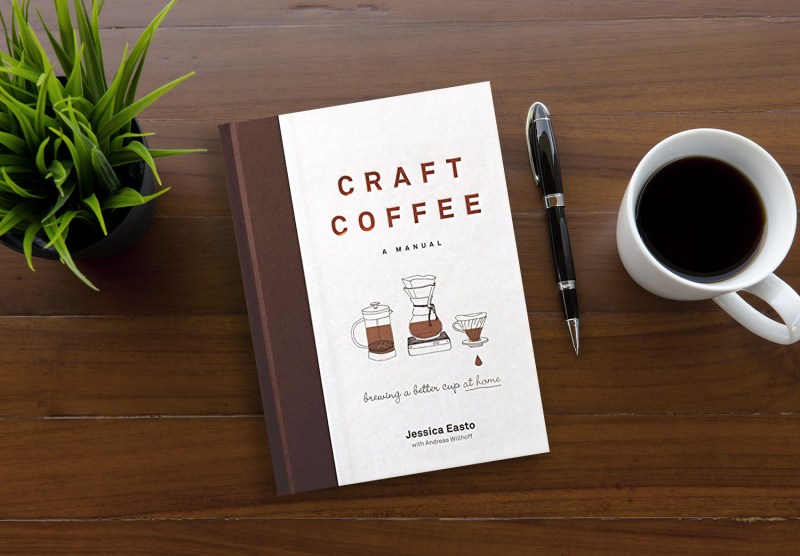
Craft Coffee: A Manual by Jessica Easto
Here at The Manual, we love manuals. They tend to make us better at doing something at home, with our hands. If your love of coffee is motivated by the simplistic yet satisfying act of making a superb cup of it at home (instead of learning about the industry at large) this coffee-exclusive guide (no espresso allowed) is for the non-professional brewing in their underwear at the kitchen counter. “This book is about making coffee, after all, and there’s no reason to get distracted by how beans grow…”
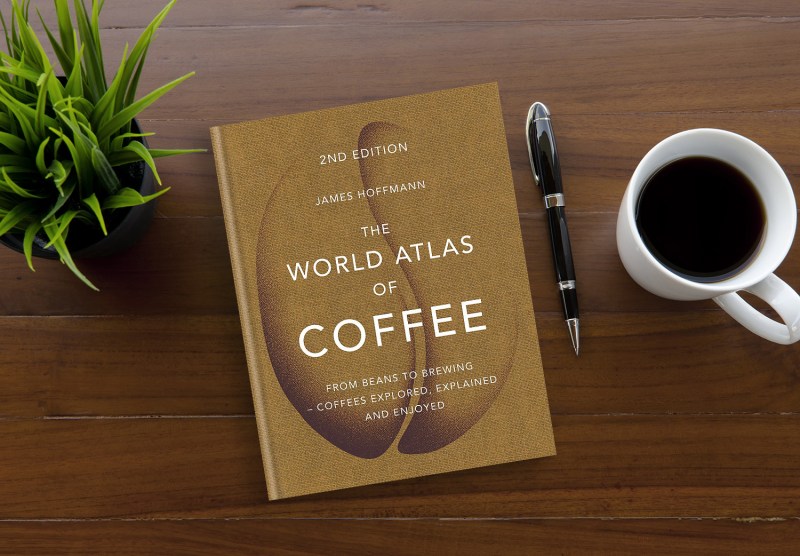
The World Atlas of Coffee by James Hoffman
The old adage — variety is the spice of life — is true because it applies to coffee. There are so many kinds and we love a good flavor snob willing to educate us on the differences! The World Atlas of Coffee celebrates the nuances that make each coffee unique by looking at growing, roasting, and taste distinctions from country to country. Author James Hoffman charts key characteristics and production methods from Bolivia to Guatemala, to Zambia, and beyond, reaching more than 35 countries. This is one of the stunning books about coffee diversity and history, and pretty inexpensive for its breadth of knowledge.
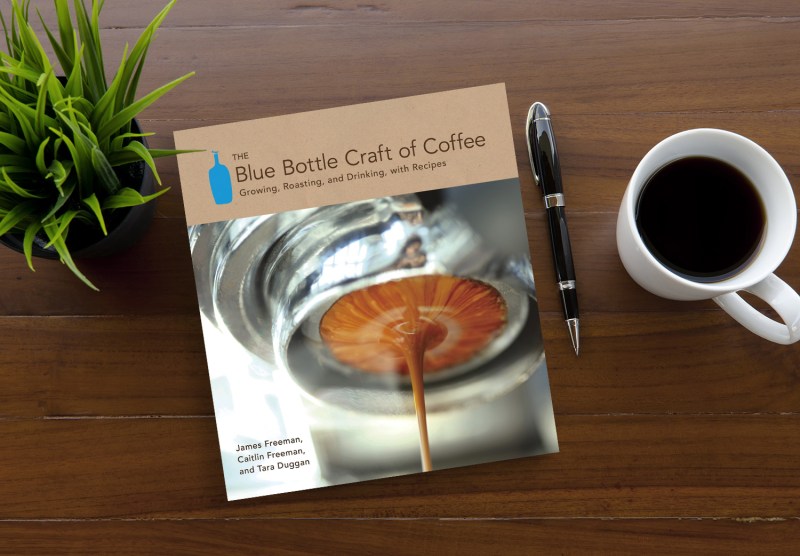
The Blue Bottle Craft of Coffee by James Freeman
Created (obviously) by the Blue Bottle Coffee roasters out of Oakland, California, this book is the holy grail for novice coffee drinkers who want to expand not only their knowledge but also their barista skills. Complete with history, tutorials, and recipes, the do-it-all guide is all about coffee as it exists today as an artisan product. Blue Bottle Founder James Freeman writes with passion and approachability, explaining step-by-step how to make pour-overs, French press, Nel Drip, siphon, Turkish, and espresso coffees.
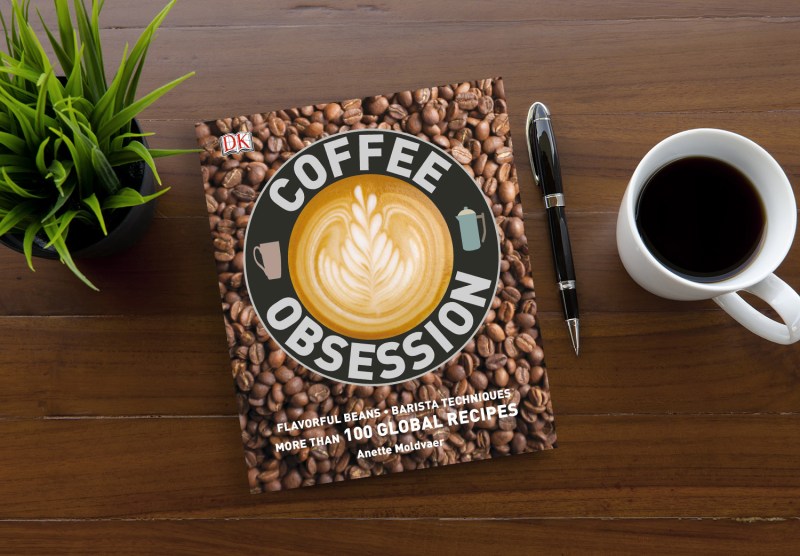
Coffee Obsession by Anette Moldvaer
The most accurately titled book on this list, Coffee Obsession is the most cost-efficient coffee codex that covers the craft from A to Z. World Cup Tasting Champion and International Coffee Judge Anette Moldvaer writes, “sitting in a café with a delicious coffee is one of life’s great pleasures,” nodding to the sheer reach of coffee’s influence and reminding us we are a part of the global brew crew (along with 150 million other Americans). Packed with coffee know-how like indicators of quality, storing, grinding, and why milk matters, plus details of coffees from around the world, equipment, recipes, and more, professional baristas and ordinary patrons alike both attest to loving and learning from one of the best coffee books today.
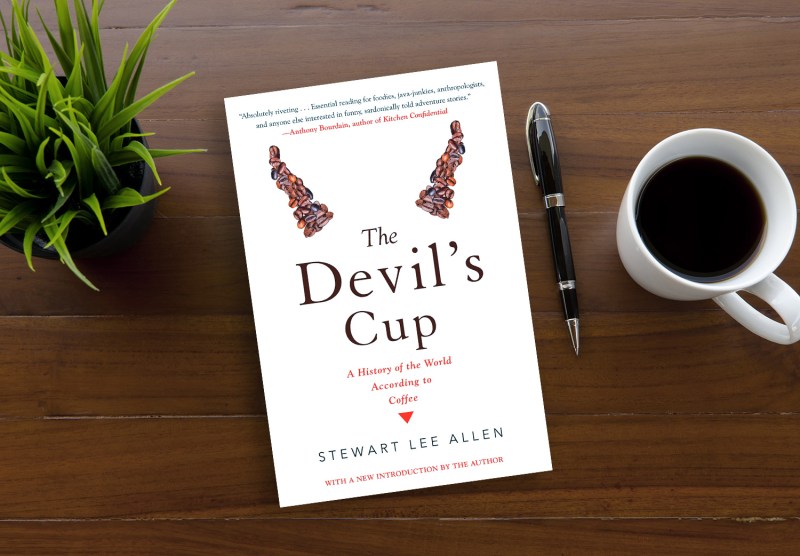
The Devil’s Cup by Stewart Lee Allen
Fewer recipes, more anthropology, The Devil’s Cup is driven by the question: Is coffee the substance that drives history? Author Stewart Lee Allen treks around the world, retracing history, finding iconic cafes, and visiting hidden villages that shaped the evolution of joe. He reminds us that the hot bean water served at roadside diners is a descendant of the coffee of French Revolution-era Parisian salons. The book is an epic saga about our favorite character, coffee, and acknowledges how tea drinkers are in denial.
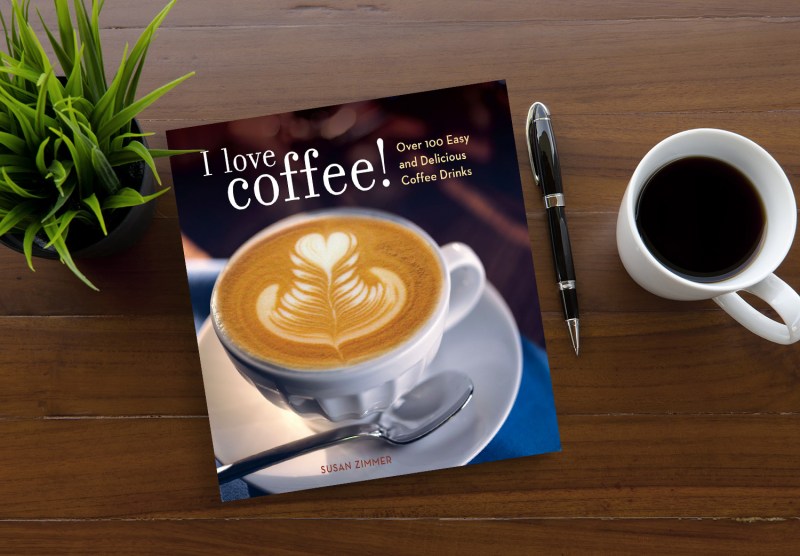
I Love Coffee! Over 100 Easy and Delicious Coffee Drinks by Susan Zimmer
We love coffee because we love drinking coffee. Susan Zimmer loves coffee, too, which is why she compiled more than 100 coffee-based drink recipes for us to experiment with — most of which are wild, sweet, and fun. Espresso martini? Check. Cognac Mochachino? Check. Irish Coffee? Yup. Iced Café Cola Libre? Why not? Zimmer teaches us that everyone should know how to make espresso whipped cream. In addition, she adds a whole section on seasonal and holiday coffee drinks to the mix (for you pumpkin spice people).
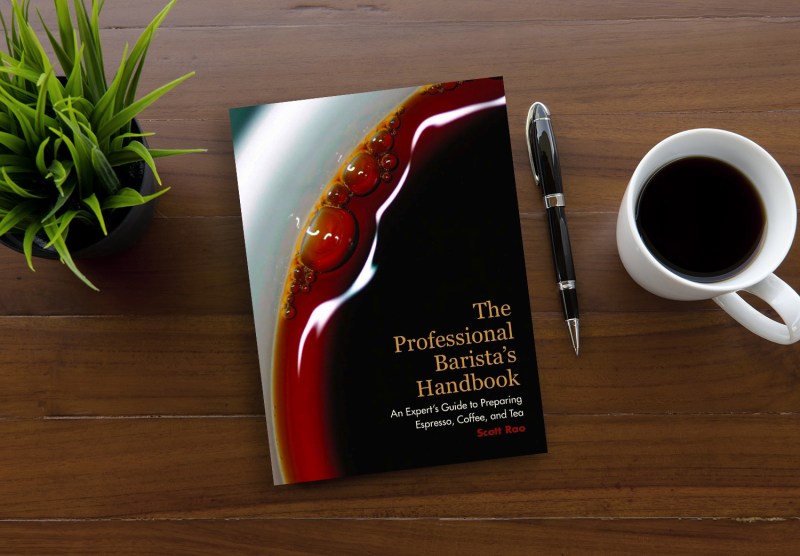
The Professional Barista’s Handbook by Scott Rao
Written, as the title indicates, by a professional barista who was fed up with scientific index coffee books and glorified roasting encyclopedias, Scott Rao set out to write a book about making stellar coffee in a café setting. Short but packed to the brim with industry jargon and methods only employed by the pros, every aspiring barista should pick up this manifesto, which charts Rao’s note on cupping, roasting, and the most important factors that contribute to flavor development. Not recommended for beginners.
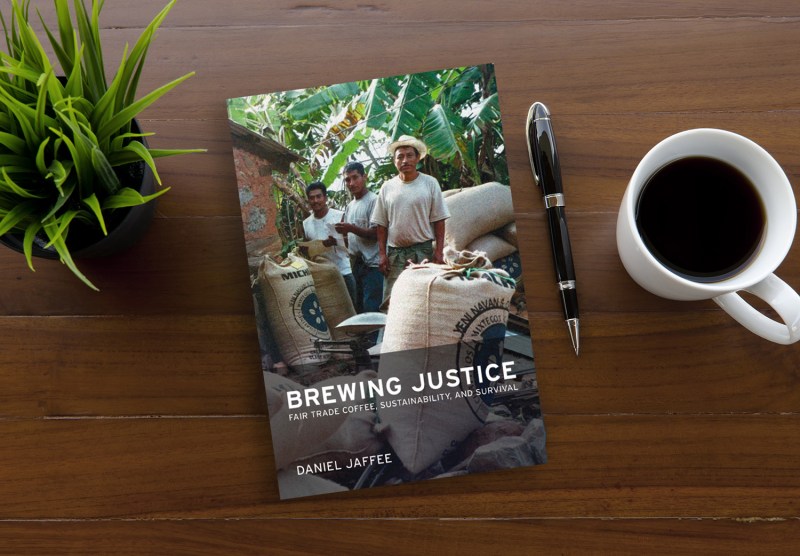
Brewing Justice by Daniel Jaffee
Fair Trade. You look for the moniker on your coffee but don’t 100% understand what it means. As an alternative market, Fair Trade intends to bring better prices and social justice to coffee farmers around the world. Sounds wonderful, but is it working? This book investigates the social, economic, and environmental realities of Fair Trade, down to the human element. Written exquisitely by a sociologist, Brewing Justice ropes in the reader and really makes you appreciate that simple cup of morning coffee.
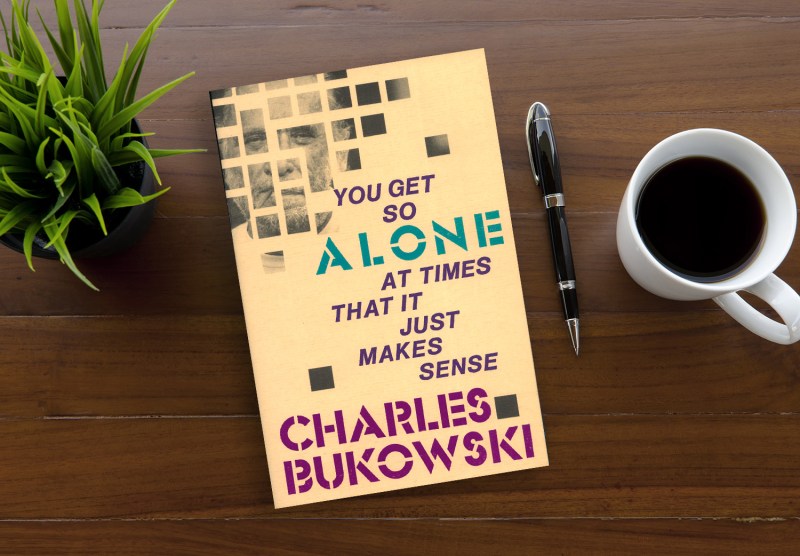
You Get So Alone at Times That It Just Makes Sense by Charles Bukowski
The cup is full, it’s early morning, and you’re just looking for a book to read while savoring your coffee. Enter Charles Bukowski, the gruff poet and cult underground writer who penned the collection of poems, You Get So Alone at Times That It Just Makes Sense. Yes, there’s a poem titled Coffee in the anthology but the entire scope complements a strong black coffee, as Bukowski comments on neighborhood cats, his youth, and more with over 130 quick-hit poems, all at once tender and rough, as coffee should be.
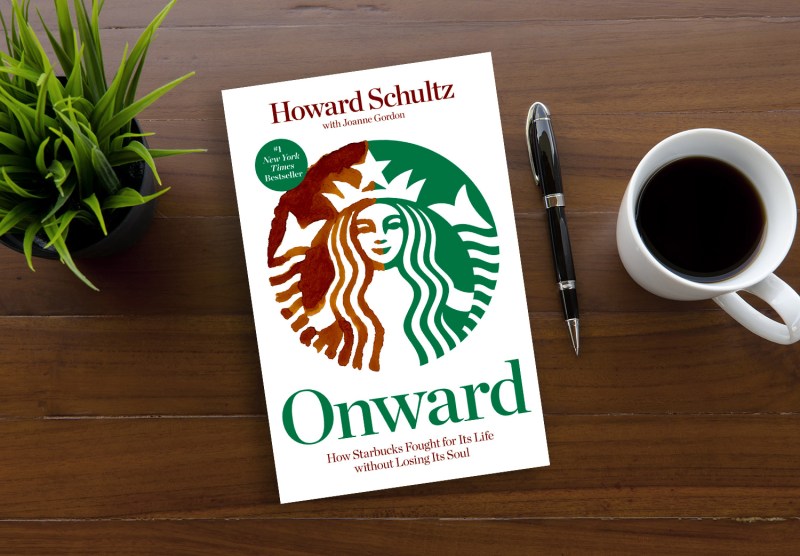
Onward: How Starbucks Fought for Its Life without Losing Its Soul by Howard Schultz
If you already like Starbucks, you’re really going to love them after reading how the President and Chairman Howard Shultz made the (at the time bizarre) decision to return as CEO after stepping down for eight years, only to reinvent the coffee chain and inspire its massive comeback during the 2008 recession. Culturally, financially, and with global responsibility, this is the story of how Shultz shaped Starbucks. A No. 1 New York Times bestseller, it’s about much more than coffee, encompassing as it does success in business.
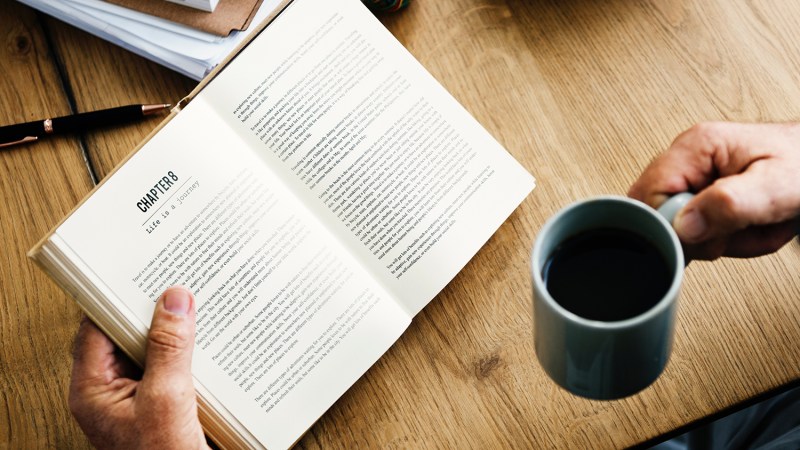
What was the first book about coffee that was published?
The concept of “books” as we know them today didn’t exist when coffee consumption first began, which is estimated to be around the 9th century. Printed books wouldn’t appear until centuries later, in the 15th century, with the invention of the printing press. Therefore, there’s no single “first book” about coffee in the traditional sense. However, the earliest written mentions of coffee appear in manuscripts and treatises from various regions:
- Yemen, 15th century: The earliest credible evidence comes from writings like Umdat al-Safwa fi Hill al-Qahwa (Pillar of Purity for Understanding Coffee) by Abd al-Qadir al-Jaziri (1587), discussing coffee’s history and legal issues.
- Europe, 16th century: Charles de l’Ecluse’s Aromatum et simplicium aliquot medica-mentorum apud Indos nascientum historia (1575) mentions coffee, learned from others who encountered it in travels.
These initial mentions weren’t dedicated books about coffee but rather short descriptions within broader works. It wasn’t until the 17th century that we saw more comprehensive texts specifically devoted to coffee, like:
- A Treatise of Coffee (1662) by Nathaniel Highmore: This English pamphlet explores coffee’s medical properties and brewing methods.
- A Discourse of Coffee (1663) by Edward Chamberlayne: This English text examines coffee’s social and cultural aspects, including its impact on health and religious views.
While these later works might be closer to the idea of “books about coffee,” remember the earlier historical mentions within manuscripts, as they represent the foundation of written coffee knowledge.
